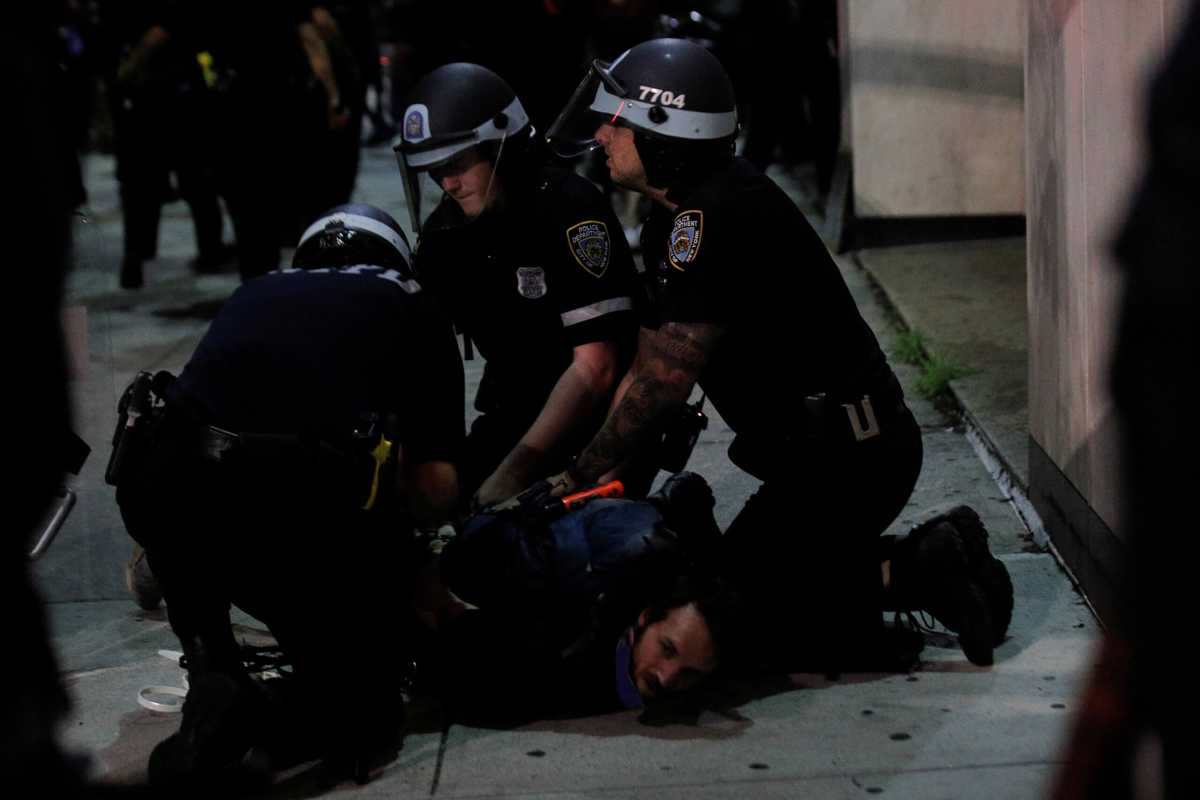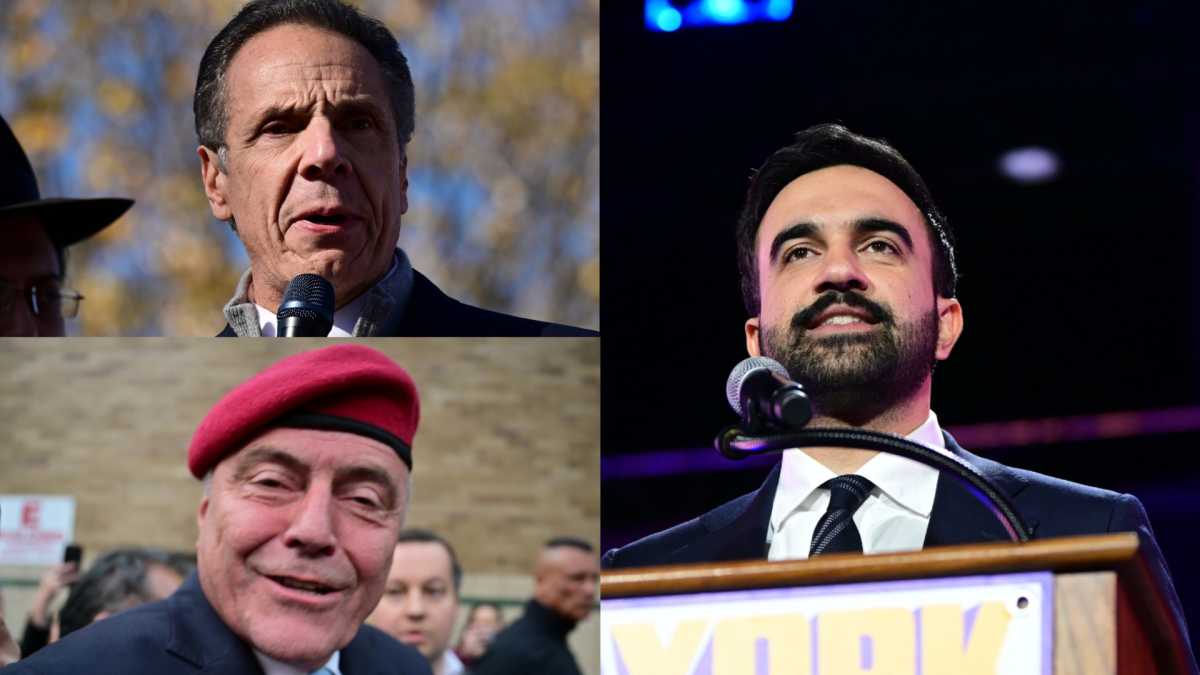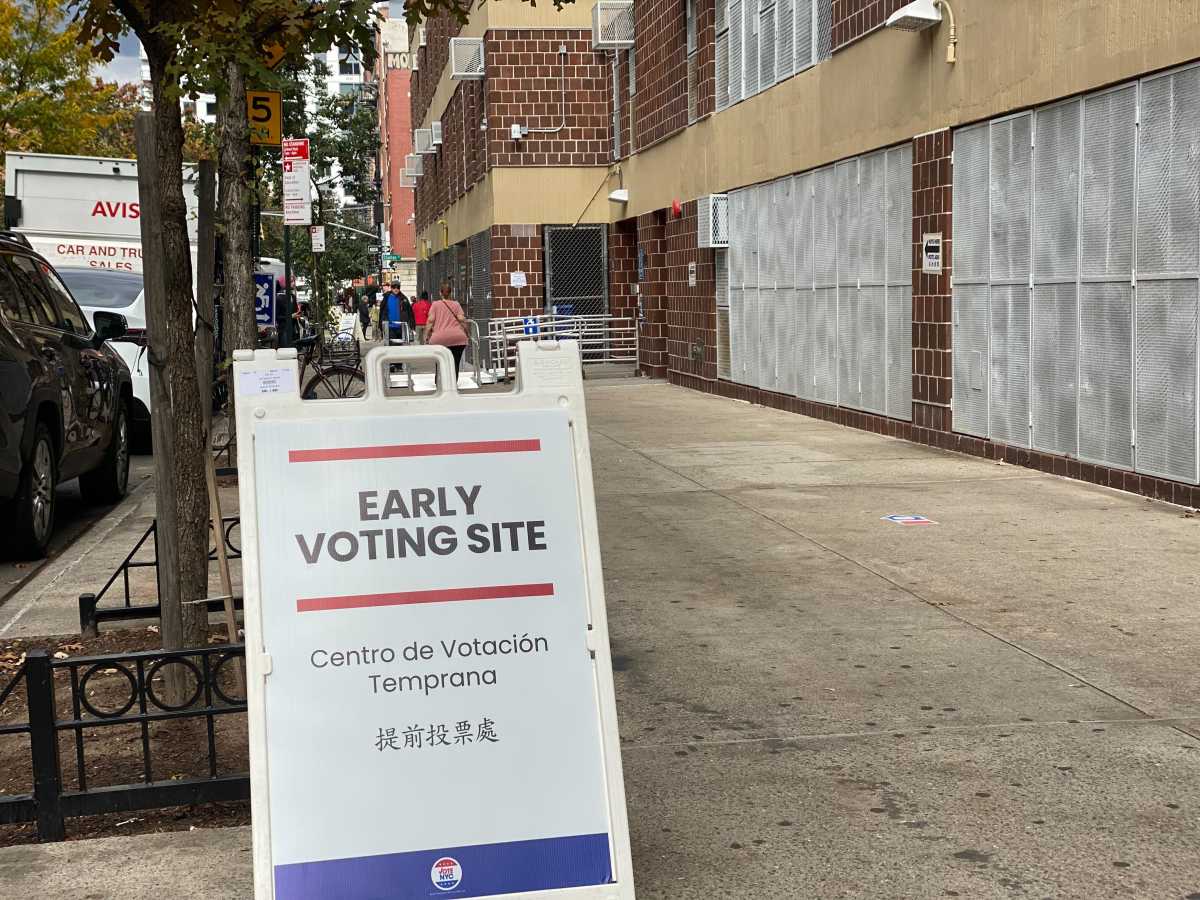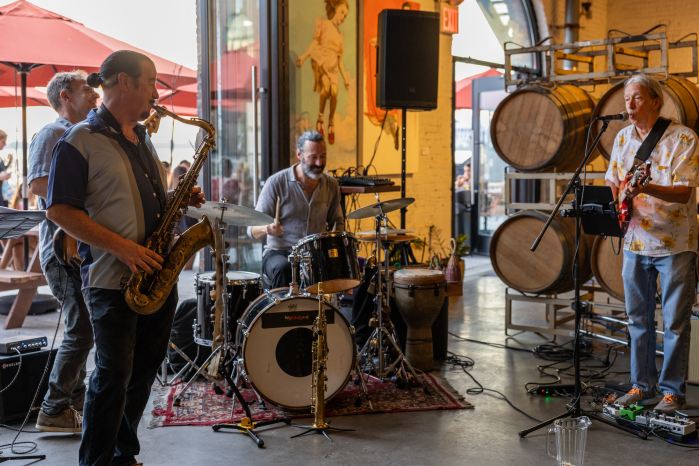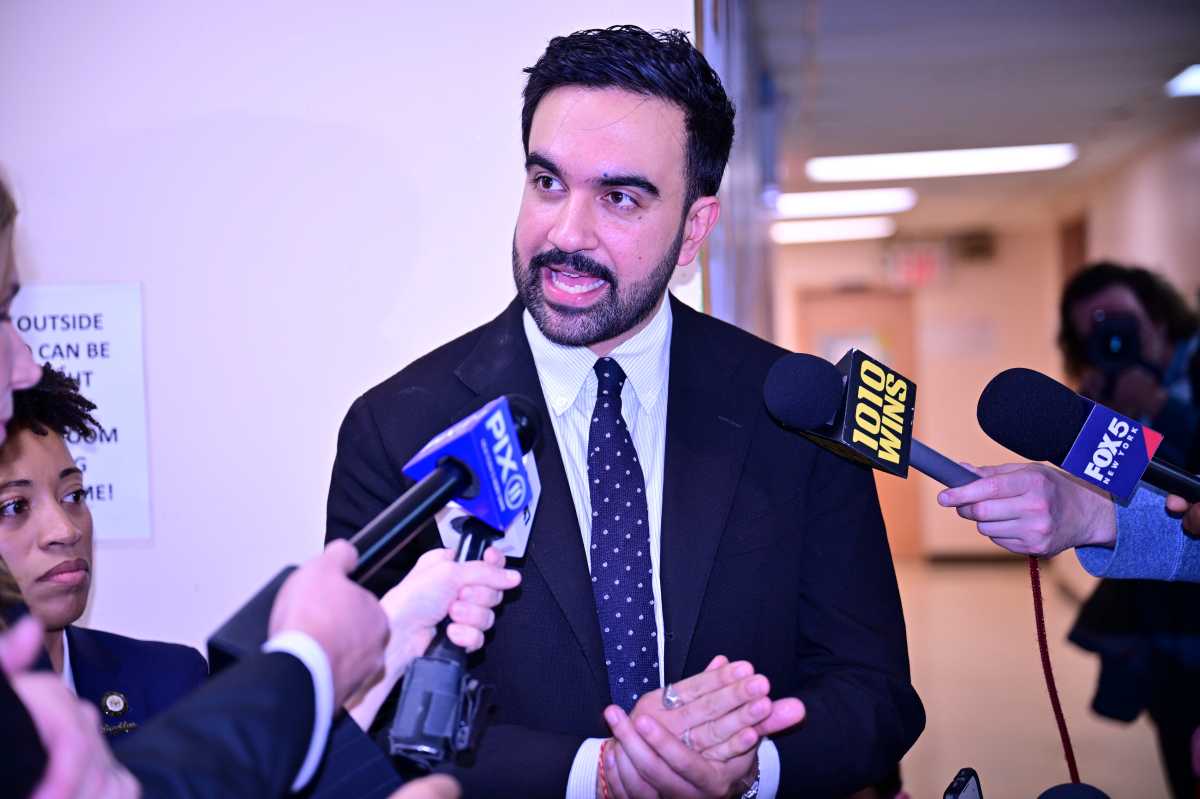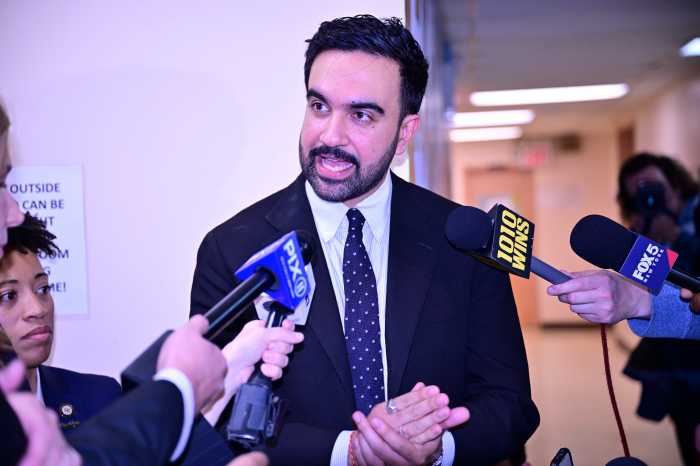Following waves of sustained demands from activists and protestors, the New York State Legislature voted on June 9 to repeal 50-a, the state law that often keeps police disciplinary records a secret.
The move for more transparency in policing comes as nationwide protests engulf major American cities in throes of demonstrations and violence in the wake of police killings of numerous unarmed black people — including George Floyd in Minneapolis and Breonna Taylor in Kentucky.
In New York, activists honed in on the 1970s-era law as a major example of inadequate oversight over law enforcement, and flooded the inboxes and voicemails of the state’s elected representatives demanding that the legislature repeal the law.
The massive swell of phone calls and emails were set in motion by numerous grassroots advocacy groups, including Brooklyn’s New Kings Democrats, who helped facilitate over 5,000 calls to elected officials through a scripted call system, on top of thousands of emails and petition signatures.
“We went from initially having a couple hundred of our really active members signing up to take this action, to thousands of people signing up both from New York, and from other places,” said Caitlin Kawaguchi, the group’s director of communications.
The organizers attribute the spread of their message in large part to the ease of their call tool, which provides users with the proper phone numbers for their elected officials and a sample script pushing for a 50-a repeal.
The streamlined process attracted a solid number of first-time callers new to political activism, said Kawaguchi.
“We had a lot of people sharing that they had never contacted their reps before and found the process overwhelming but that this was easy to do, easy to find the numbers and to know what to say,” she said.
And those calls were heard, said Kensington Assemblyman Robert Carroll, who co-sponsored the legislation and said that his office alone had received over 5,000 relevant calls and emails over the past week alone.
“It’s always much easier to get things done when there is popular will,” he said.
Police reform advocates pointed to the wide array of organizations that advocated for the bill’s repeal as one thing that aided its passage.
“I think it can’t be understated how much of a collective movement win this is today,” said Carolyn Martinez-Class a spokesperson for Communities United for Police Reform.
The repeal bill passed the Democratic-controlled State Senate along party lines on the morning of June 9 by a 40-to-22 margin — with every Republicans voting against the measure. Later in the day, the state’s lower chamber overwhelmingly passed the bill, with 101 members of the Assembly voting in favor, and 43 voting against.
The bill had previously become a hot button issue after NYPD officer Daniel Pantaleo choked 27-year-old Eric Garner to death in Staten Island in 2014. Following the incident, and sustained nation-wide outrage, activists demanded to see Pantaleo’s disciplinary records — but city officials claimed they could not release that information, because of the 50-a statue.
Efforts to repeal the law had long faced fierce opposition by the city’s aggressive police unions, who hold immense sway among some state legislators, and spend significant amounts of lobbying dollars across all levels of government.
Mayor Bill de Blasio had often given his tepid approval of repealing 50-a, before announcing his full support for the measure on June 7.
Gov. Andrew Cuomo has publicly signaled that he will sign the bill into law when it reaches his desk for final approval.



